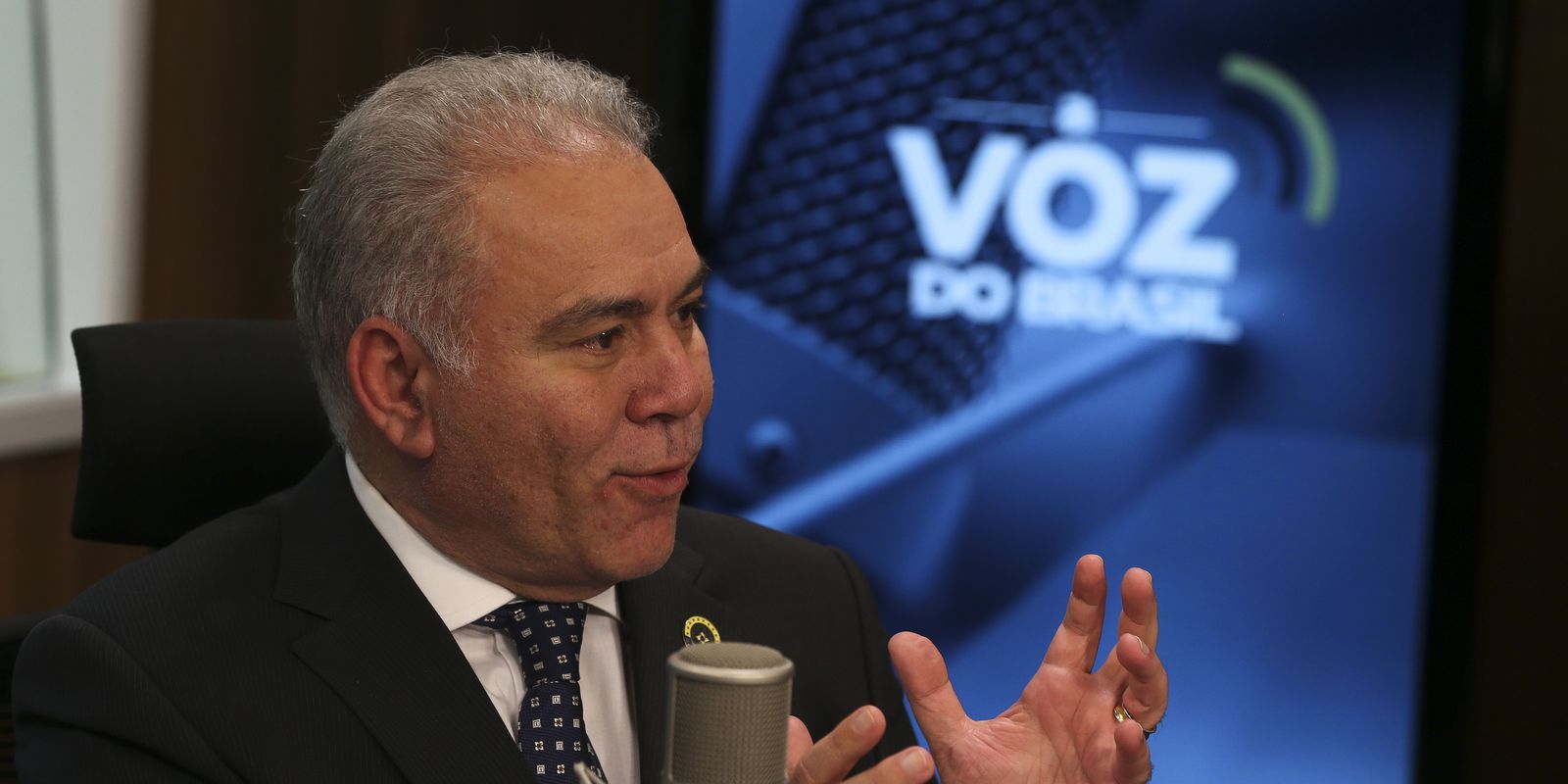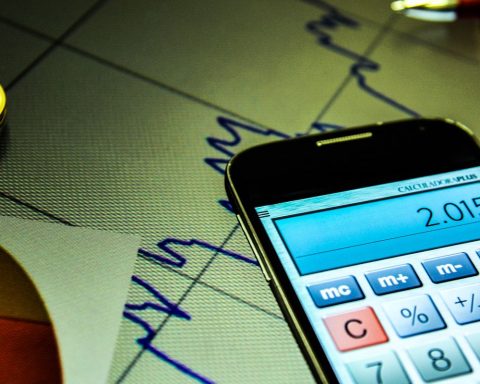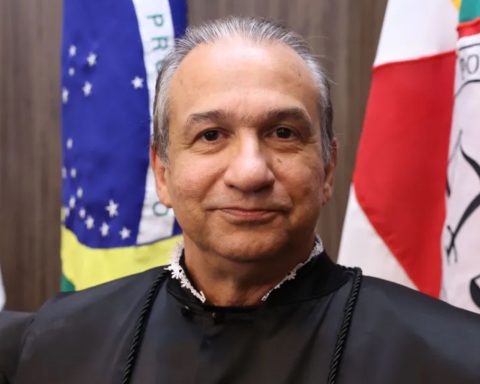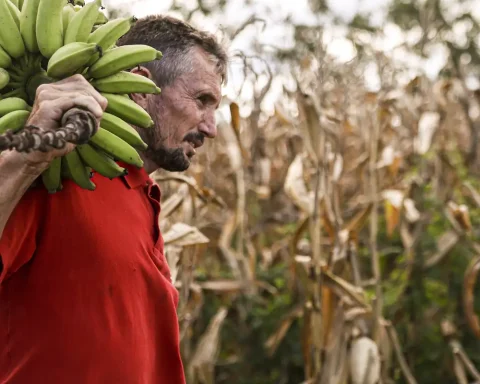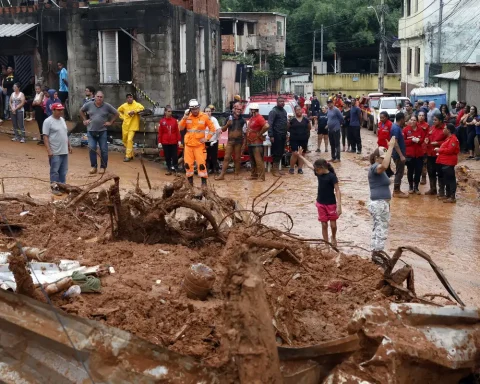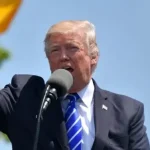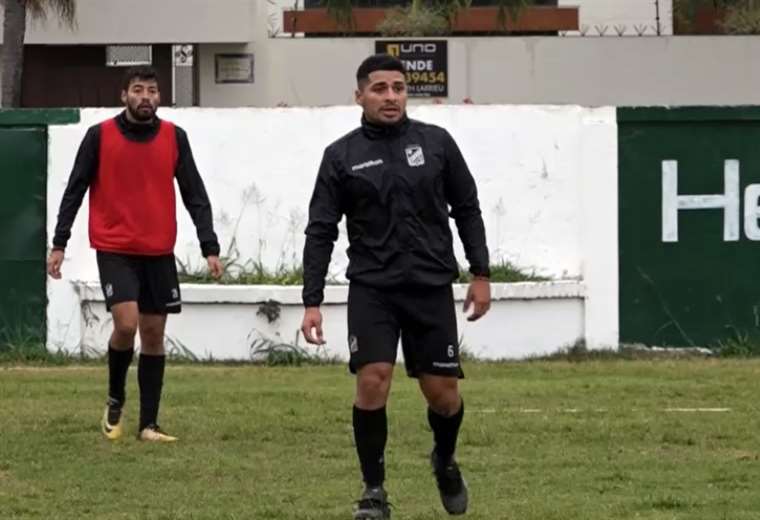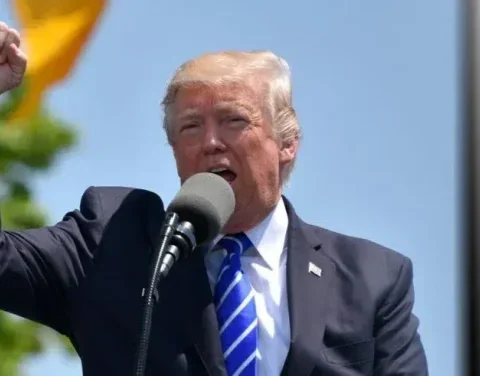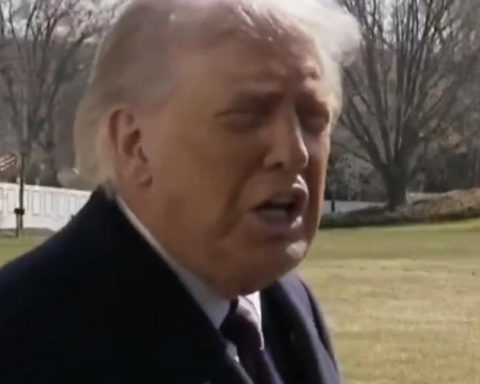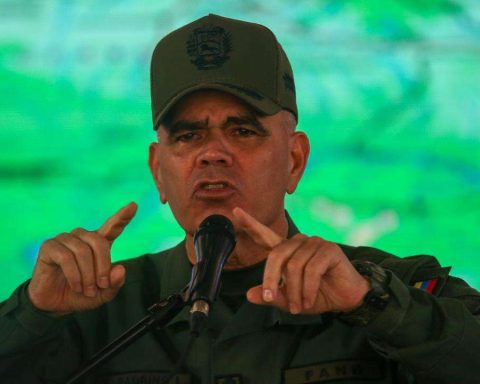The number of monkeypox cases is stabilizing and on a downward trend. The statement was made by the Minister of Health, Marcelo Queiroga, during an interview with the program The Voice of Brazil this Tuesday (13). According to him, approx. 50 thousand vaccines acquired by the ministry to fight the disease should arrive in Brazil in the last fortnight of this month. It will be used in people who handle contaminated materials and specific risk groups.
“The vaccine can be fractionated, that is, we can expand the number of people benefited”, said the minister. According to Queiroga, it is possible that in the second half of 2023 we will have a national vaccine to combat the disease. However, the minister points out that the outbreak in Europe is already decreasing.
Still talking about vaccination, the Minister of Health recalled that the polio immunization campaign was extended until the 30th. The ministry’s goal is to vaccinate 95% of the target audience, which is 15 million children under five. “The last case of polio in Brazil was in 1989, in Paraíba. We don’t want more polio, not even in Paraíba or in any state in Brazil. So let’s take the children to receive the vaccine”, encouraged the minister.
Legacy of the covid-19 pandemic
The minister also spoke about the covid-19 pandemic, which, as he explained, is in a controlled epidemiological situation, with less than 100 deaths daily. “We will work to further reduce this situation.” Queiroga recalled that the country had an average of 3,000 deaths per day.
According to the minister, the main legacy left by the pandemic was the strengthening of the Unified Health System (SUS). The Strategic Intelligence Centers for Health Surveillance (Cievs) increased from 55 to 164 and were expanded especially in border areas. The beds in the Intensive Care Unit (ICU), at one point in the outbreak, went from 23,000 to 46,000. “Cases dropped but we left 6,800 more beds,” he said. “Strengthening the health system, making the SUS stronger and more resilient is the great legacy of this public health emergency of national importance”, he concluded.
In the interview, the minister also spoke about the primary care network, whose budget went from about R$18 billion in 2018 to R$25 billion this year, and about the results of the Doctors for Brazil program.
Watch in full:
